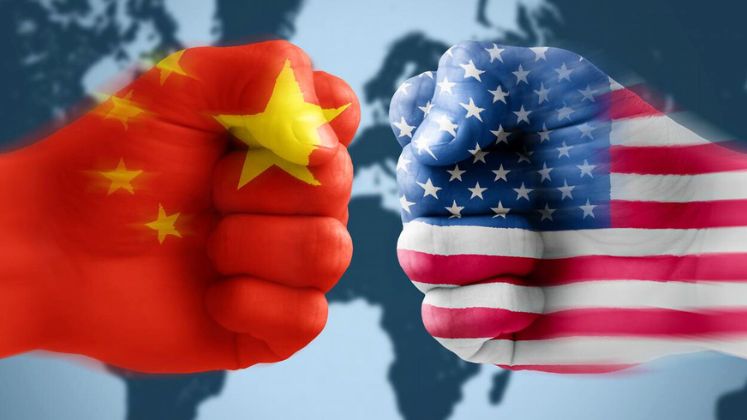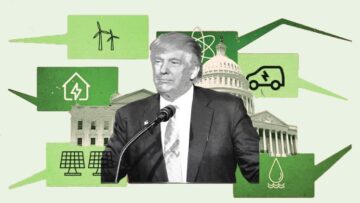
Trade policies initiated by the US President could lead to a significant shift in global goods trade, potentially flooding European markets with Chinese products, according to several analysts and media reports.
Despite the European Union’s initial relief regarding the US decision last week to temporarily suspend threatened customs duties on various foreign imports, concerns remain about the implications for trade with China. The 90-day pause on tariffs does not extend to US imports from China, leaving the EU to consider where the Asian economic power will redirect the goods previously destined for the American market.
The 27-nation EU now faces a baseline US tariff rate of 10 percent. In stark contrast, Chinese exports to the United States are subject to a 145-per cent levy, making many of these goods less accessible to US consumers with lower incomes. Consequently, analysts suggest China might seek to sell these goods in Europe, even if it necessitates significant price reductions.
This potential influx, some experts warn, could severely undermine European industries already struggling to compete with Chinese manufacturers. Daniela Sabin Hathorn, a senior market analyst at Capital.com, stated that this shift can push the countries to opt for alternative trade routes, complicating the entire global supply chain. This rerouting of Chinese goods can occur to bypass the implemented US tariffs.
French President Emmanuel Macron has already voiced this concern, noting last Thursday that the EU must consider the indirect consequences of the US trade policies. The president sided with China and said that the tariffs implanted on China are huge, causing a risk in the supply of Chinese goods and in turn affecting the country’s economy as well as unrest in the markets.
Anais Voy-Gillis, a geographer specializing in industrial affairs, pointed out that the high levy on Chinese goods would increase competitive pressure on European industry, particularly in sectors where margins were already very tight.
However, Aurelien Saussay, a professor at the London School of Economics, suggested that the ‘net effect’ might not be as large as people are currently anticipating. He proposed that the US administration’s direct trade confrontation with China could “offer the EU an advantage over China for exporting to the United States,” indicating “compensatory effects.”
Saussay also warned that a significant surge of Chinese products into Europe might provoke a protectionist response from the EU. He stated that that was why they had spent the past 80 years avoiding that kind of protectionist offensive, emphasising the risk of escalating retaliatory measures.
European Commission head Ursula von der Leyen addressed the issue on Tuesday, stressing China’s critical role in addressing possible trade diversion caused by tariffs, especially in sectors already affected by global overcapacity.
Meanwhile, industry leaders have urged Europe to focus on maintaining competitiveness through “supply-side policies” and “regulatory simplification,” as advocated by Alexandre Saubot, head of the France Industrie lobby.






